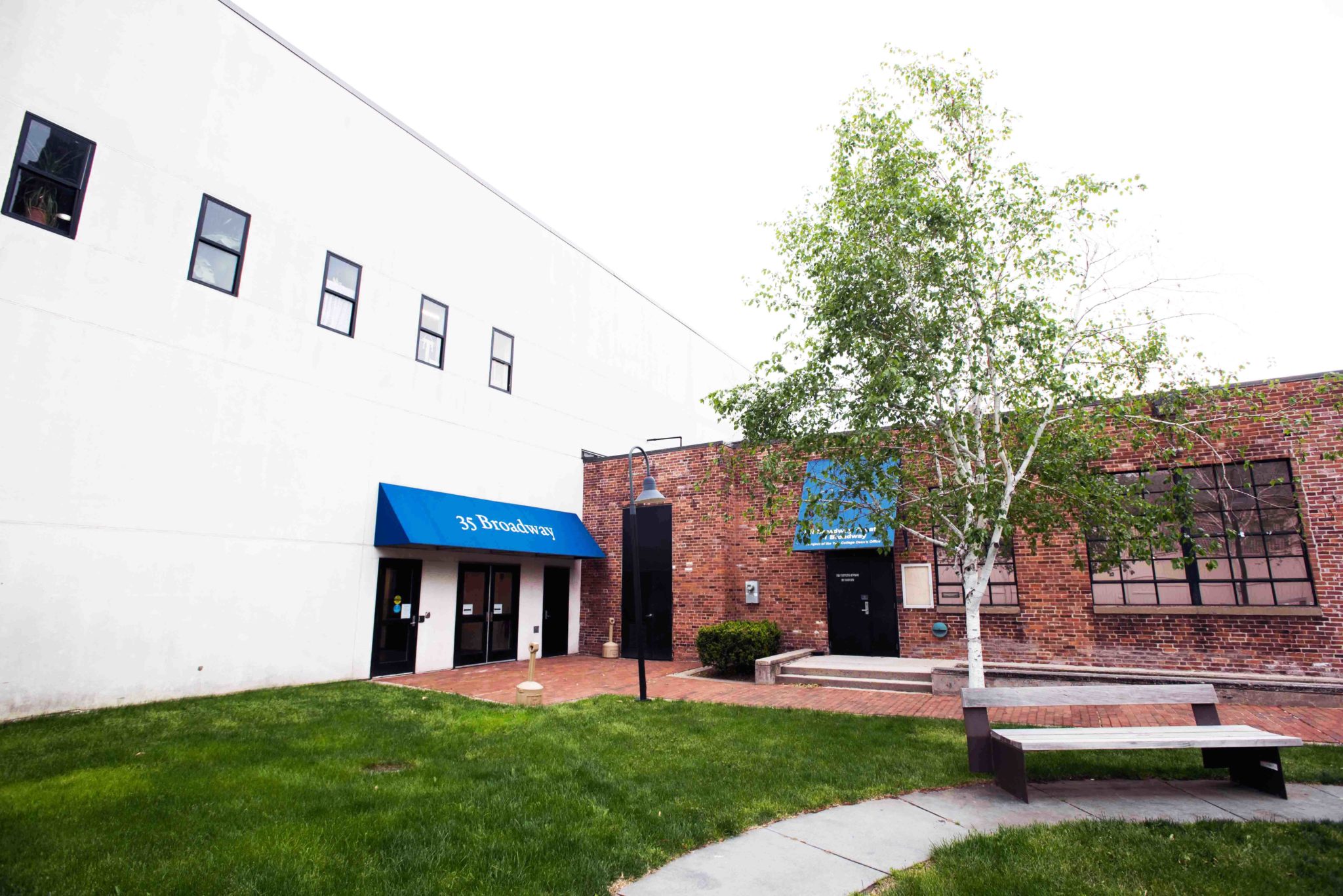
Yale Daily News
Students and faculty continue to call on Yale to increase the number of faculty of color and of professors teaching ethnic studies, with a new unnamed student coalition lobbying the University for increased focus on the field.
A student coalition fighting for increased focus on ethnic studies and recruitment of faculty of color held an organizing meeting dubbed “Ethnic Studies in Crisis” last month. According to Janis Jin ’20, a student organizer for the group, its main demand is creating a full-fledged department of ethnicity, race and migration, as opposed to keeping it under its current status as a program. Jin said the group’s recent activity comes after Albert Laguna — director of undergraduate studies for the American Studies program at Yale — became the most recent faculty member in a line of ethnic studies professors denied tenure over the past few years.
Jin stressed that the group has not been “colluding with faculty [in the ER&M program] in any regard.” Still, when asked about the group’s primary demand, Alicia Camacho, chair of ER&M program, said that becoming a department “could provide some structural solutions” but added that other issues face the development of ethnic studies at Yale, including faculty hirings, University climate and the administration of interdisciplinary units.
“The continued difficulties of promoting and retaining faculty of color at Yale have been especially damaging for our mission,” Camacho said. “Despite our evident importance to the student body, we have not had the sufficient resources and structure to support our faculty. … We experience a double minoritization — for our status as underrepresented people of color, and for the University’s failures to engage meaningfully with our fields of study.”
The unnamed student coalition is lobbying for initiatives similar to those of Next Yale — a group founded in 2015 by student activists whose demands included increasing the development of ethnic studies and the support for cultural centers as well as addressing the mental health issues of minority students. Jin said that the group is not a direct continuation of Next Yale but that the coalition is similarly engaged in issues of recruiting and retaining a more diverse faculty.
In the wake of student protests in 2015, University President Peter Salovey and Provost Ben Polak dedicated more than $50 million in resources “to build on the excellence and diversity of our faculty, university-wide.”
Jin acknowledged that initiatives like these are positive changes, but added that they have been insufficient in helping recruit faculty of color, specifically for the ER&M program. Jin said that the small number of faculty within ER&M impacts students and leaves holes in their undergraduate education. She added that Yale’s curriculum often prioritizes traditional, western forms of scholarship over ethnic studies.
“Students are organizing, and they’re upset,” Jin said. “They want people to know about what’s going on.”
Professor of American studies and ER&M Daniel HoSang said that the “subordinate position” of ER&M within the current administrative structure denies the program “basic resources, autonomy, rights of participation and access to information” for scholars within the community. He added that these shortcomings have driven away top-rate faculty members from the University and noted a need for University leadership to acknowledge institutional failings in recruiting and retaining a diverse faculty.
According to Matthew Jacobson, chair of American Studies, the issue of diversifying Yale’s faculty has been a decadeslong struggle.
“Yale was a white, male club built on Quinnipiac lands three centuries ago, and the historian in me says that such foundational premises will not be undone by a generation or two of liberalism and change of heart,” Jacobson said. “The problem of racial and gender representation and equity on the Yale faculty is structural, it is deep, it is stubborn and it is dire.”
The ER&M major was established in 1997.
Carly Wanna | carly.wanna@yale.edu







